Throughout 2020, Lebanon has been descending into an economic crisis, exacerbated by the pandemic, which, according to an article in the New York Times written by Ben Hubbard (who happens to be our interviewee’s husband), is threatening decades of prosperity. Anti-government protests have been on the rise. We immediately thought: a revolution is the perfect time to talk about clown!
Fortunately, our friend from Beirut agreed. Sabine Choucair is a Lebanese humanitarian clown, storyteller, performer, and new mom. She has a special talent for finding the light in the darkest of times with her clown work and for poking fun at the powers that be with bouffon, a biting and satirical cousin of clown. We joined her in May via Zoom and competed over who has it worse—America or Lebanon. We’re #1. #MAGA #JokingNotJoking
Amrita Dhaliwal: How is your work responding to the current pandemic and economic crisis in Lebanon?
Sabine Choucair: In the beginning we, the clowns of Clown Me In, were a bit like, “What do we do?” All of our work is based on live interaction, the people being on the streets. And then boom—total lockdown. Suddenly we were at home, lonely, not able to create.
Zoom did not really work for us. We were in shock, trying to figure out what to do with our lives, and were a bit depressed. We lost all the clown hope we had. But bit by bit, we started thinking about ways to overcome this and we came up with the idea of making short videos of different games kids can play with their families at home or with themselves in front of a mirror. It was a way for us to be active.
We’ve filmed five short videos so far and have been disseminating them. We have put them on social media and sent them to all the refugee camps in Lebanon and the NGOs we know are working with different communities, specifically Syrian and Palestinian refugees as well as Lebanese living in rural areas.
We’ve also invited people to donate to artists in Lebanon who are stuck in this economic crisis. We asked artists to send us recordings of them performing fun stuff we could share online on our platforms and we gave them $100 per video. With the economic crisis, the dollar to the lira is nearly seven times what it used to be, so it’s a big deal.
I started giving online live sessions on Facebook for people to just have fun and be silly and just play for half an hour every Friday. We call it the happy half hour.

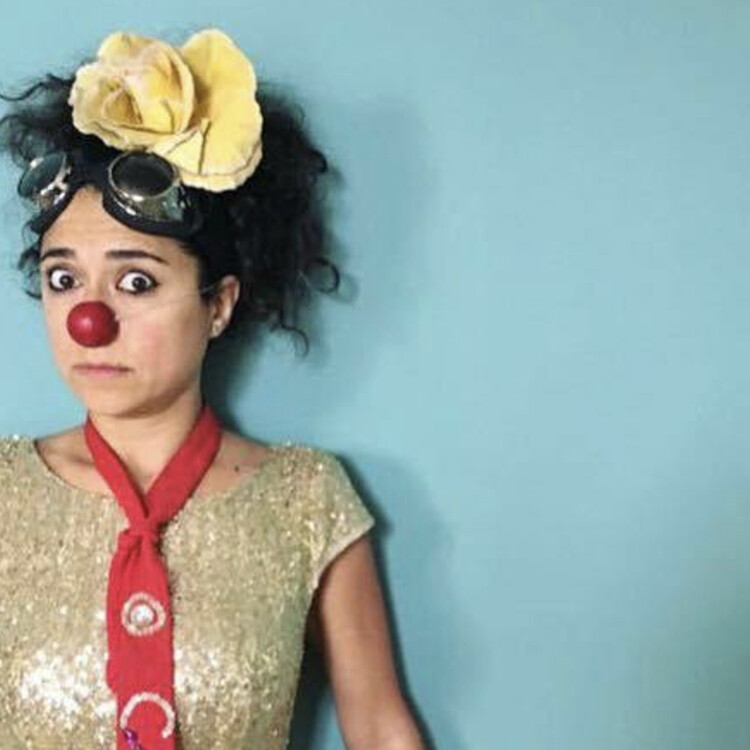

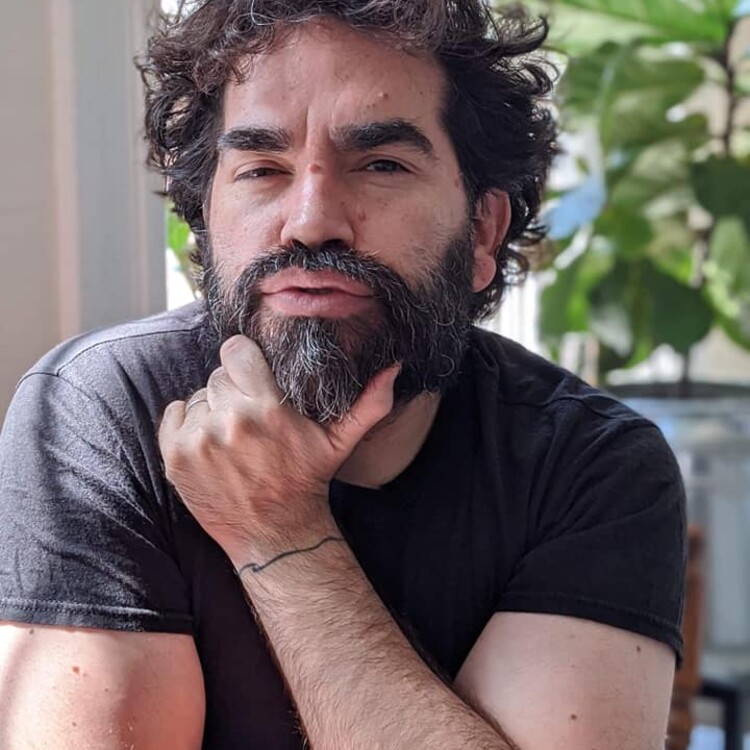
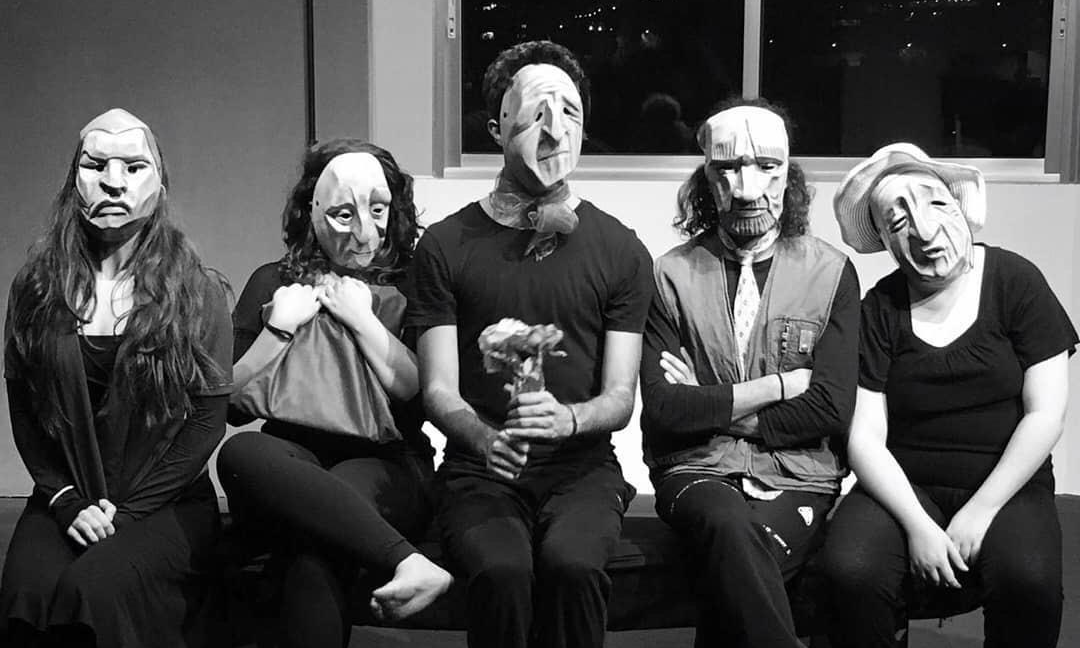
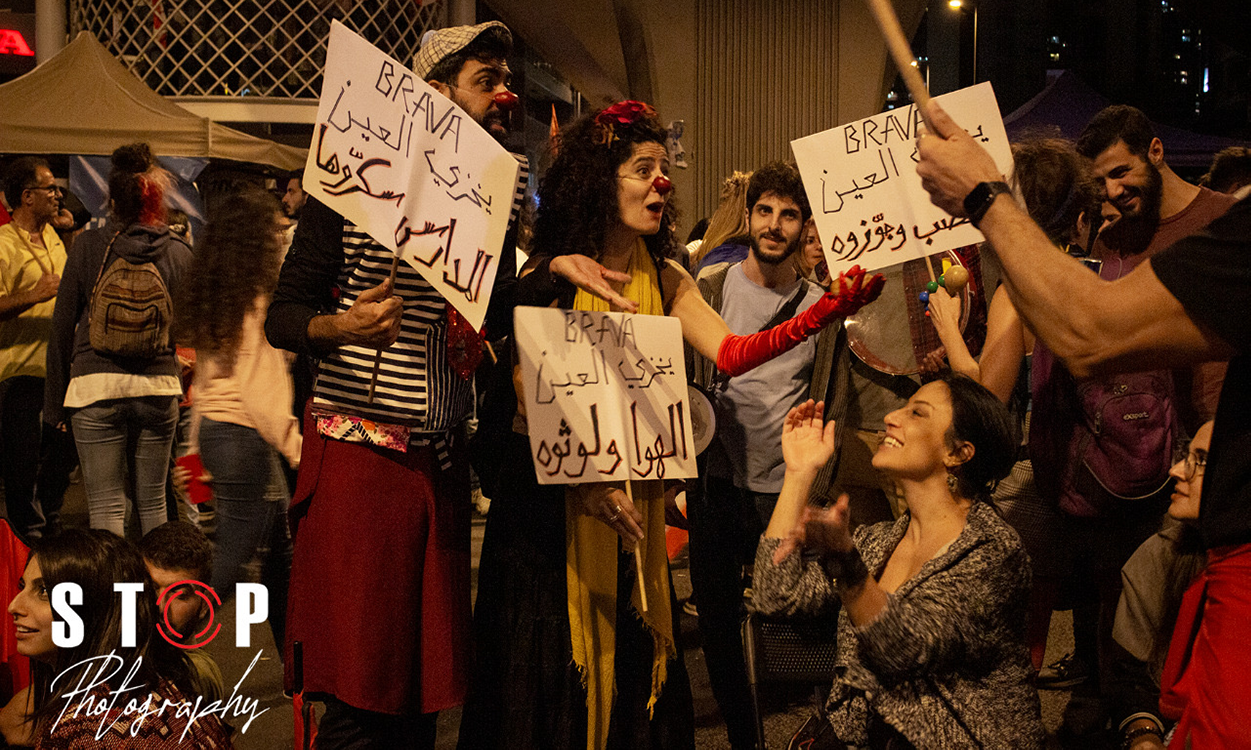
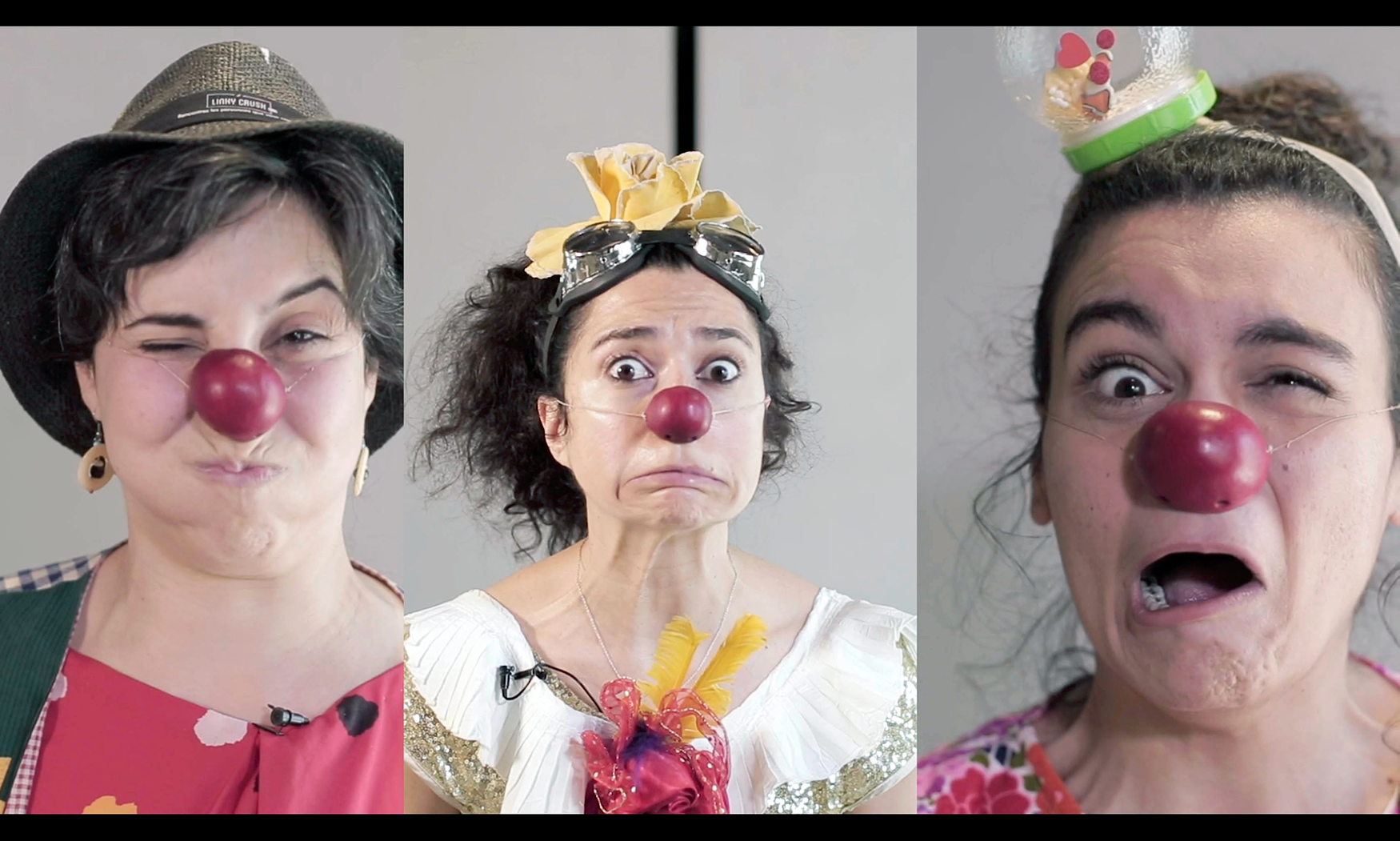
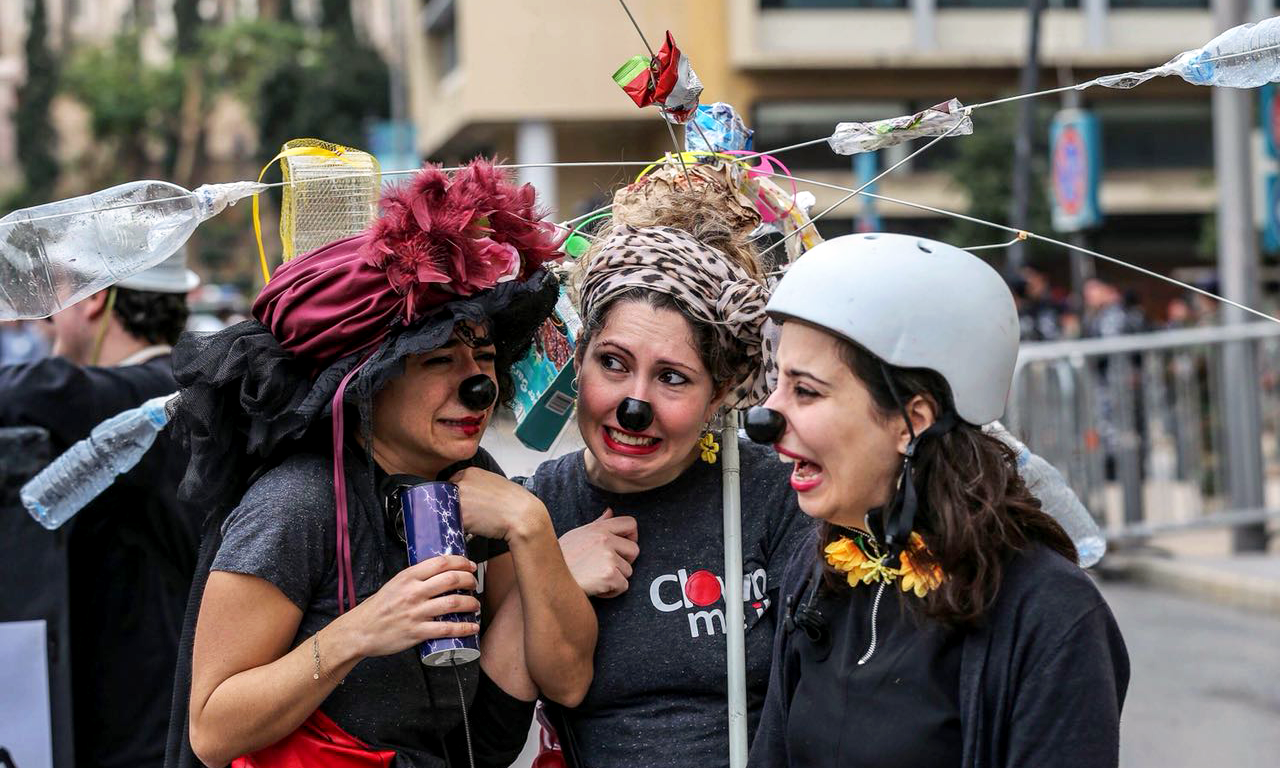
Comments
The article is just the start of the conversation—we want to know what you think about this subject, too! HowlRound is a space for knowledge-sharing, and we welcome spirited, thoughtful, and on-topic dialogue. Find our full comments policy here